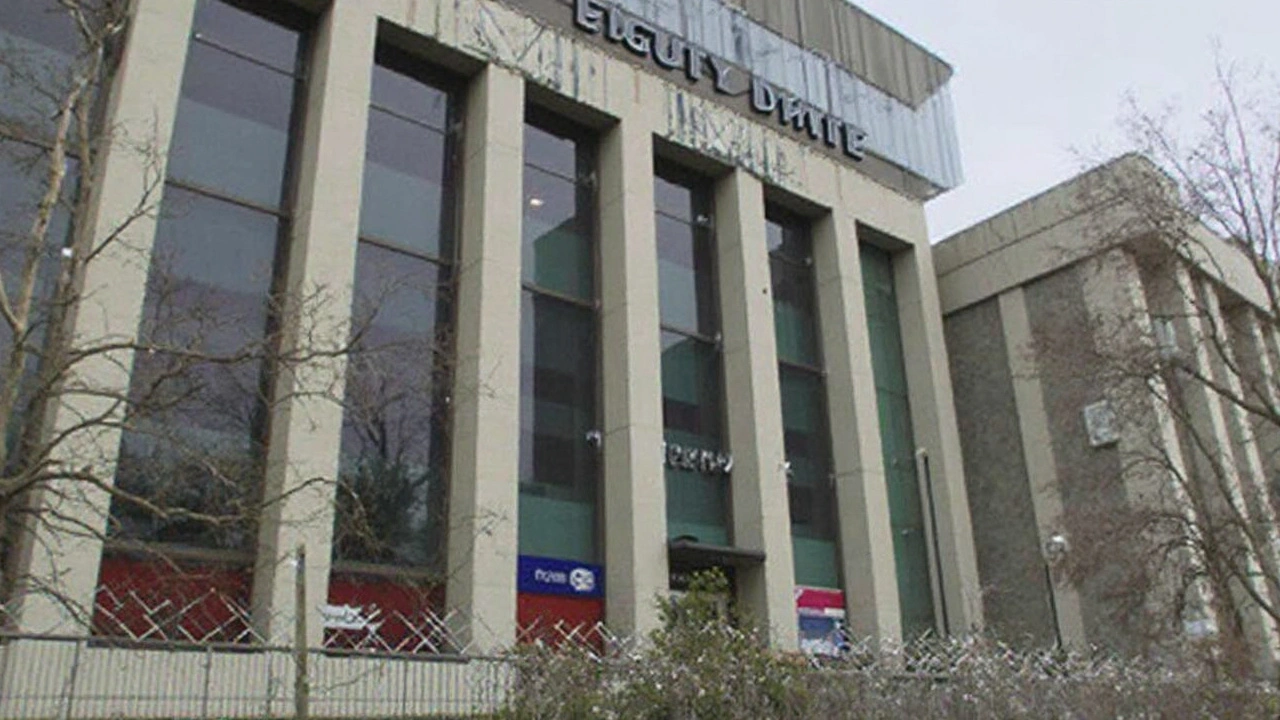Court Rules Against Equity Bank in Moyale Cash Heist Dispute
Shockwaves are still being felt in Kenya’s banking and security sector following a recent High Court decision that left Equity Bank empty-handed in its fight to recover KSh 23.4 million from security firm Wells Fargo. The backdrop to this dramatic courtroom twist dates back to a daring robbery at Odda Airstrip, Moyale in 2019, when thieves made off with KSh 47 million meant for Equity Bank while the money was still inside an aircraft.
So, how did one of Kenya’s biggest banks lose such a large sum—and then its legal battle to recover part of it? It boils down to where the responsibility started and ended. The funds had just landed in Moyale, under the watch of Wells Fargo Limited, whose job is to safely move big loads of cash for clients all over the country. But before Equity’s reception team showed up on the ground, robbers struck, making off with bundles of cash.
During the trial, the heart of the matter revolved around a key question: Was Wells Fargo still responsible for the money after the plane touched down? Or had their job ended the moment the aircraft’s wheels hit the tarmac? Justice Freda Mugambi, handling the case, ruled with clarity—the risk switched to Equity Bank as soon as the plane landed. Since no one from the bank was present to physically receive the funds, the gap in security gave the criminals their opening.
Negligence, Contract Terms, and a Costly Oversight
Equity Bank didn't just lose money during the heist—it also lost the chance to shift the blame to its security partner. The court highlighted a simple but costly reality: Equity had a requirement in its own contract to provide on-site staff to take over the cash immediately upon delivery in Moyale. Without trained staff on hand, there was a window where nobody from the bank had eyes on the cash, despite knowing the risks of such operations in remote northern Kenya.
The bank’s insurer, Britam General Insurance, tried to step in, demanding that Wells Fargo reimburse the KSh 23.4 million it had already paid out to cover Equity’s loss, plus additional costs. Equity’s main argument was that Wells Fargo was still in ‘custody’ of the cash when the robbers hit. But after studying all the paperwork, contracts, and security protocols, the judge saw things differently. Wells Fargo’s job was officially over at the point of landing, and since Equity’s reception team didn’t show up on time, responsibility had moved entirely to the bank.
- The theft occurred while the money was still inside the aircraft, not after it had been handed over.
- Equity Bank had contractually agreed to provide staff on-site to take immediate custody of the funds.
- The absence of the bank’s team led directly to the security breach that made the heist possible.
Experts in banking and insurance circles say this case sends a clear signal: contracts between banks and their security partners are only as good as the practical safety measures that back them up. Even a few minutes’ lapse during precious cash transfers can have massive financial consequences.
Security for high-risk cash movements in regions like Moyale has always been a challenge, but this court ruling has put banks across Kenya on alert. If you don’t play your part in the security relay, you can’t expect others to pick up the pieces when things go wrong.



Arvind Pal
July 17, 2025 AT 13:09They signed the contract, they knew the risks, now they eat the loss. Simple as that.
Nikhil nilkhan
July 18, 2025 AT 10:13Maybe it's time to invest in real-time tracking and armed escorts for every cash drop, not just hope someone shows up on time.
Damini Nichinnamettlu
July 19, 2025 AT 02:27Next time, let Kenyan security firms handle it. No foreign middlemen. No loopholes. No excuses.
Vinod Pillai
July 20, 2025 AT 02:06Britam paid out? Good. Now they sue Equity for breach of duty. That's how capitalism works. Stop romanticizing incompetence.
Avantika Dandapani
July 20, 2025 AT 16:41Imagine being the guard who’s supposed to watch the cash, but no one from the bank shows up. You’re stuck there, alone, knowing something bad could happen. That’s not just a contract failure. That’s a moral one.
Ayushi Dongre
July 21, 2025 AT 13:08Equity Bank’s failure to discharge its contractual obligation constituted a material breach, thereby extinguishing any claim for continued custody by the service provider. This precedent reinforces the necessity of operational compliance over contractual abstraction.
rakesh meena
July 22, 2025 AT 03:57